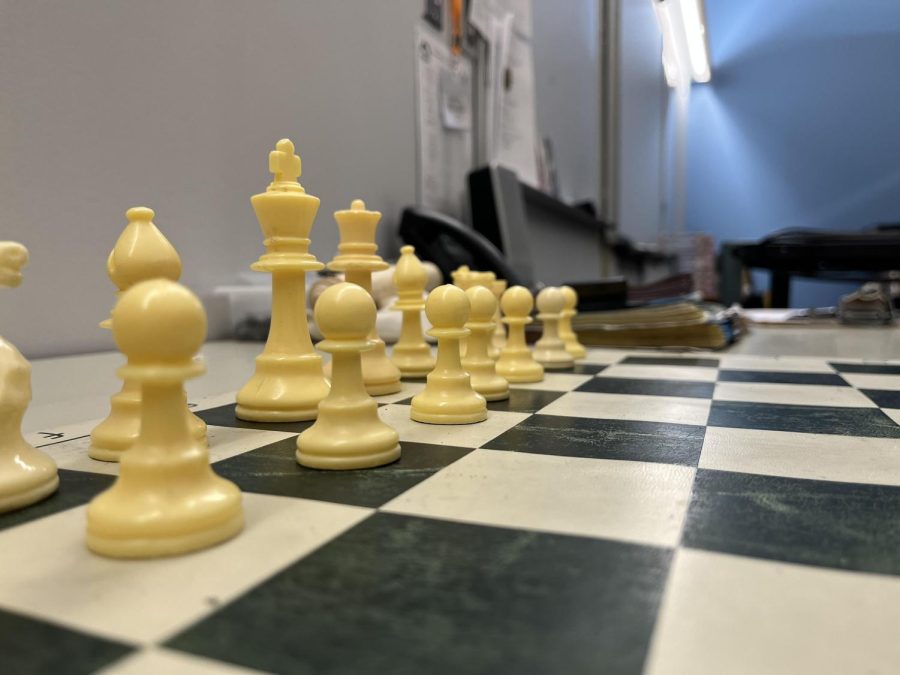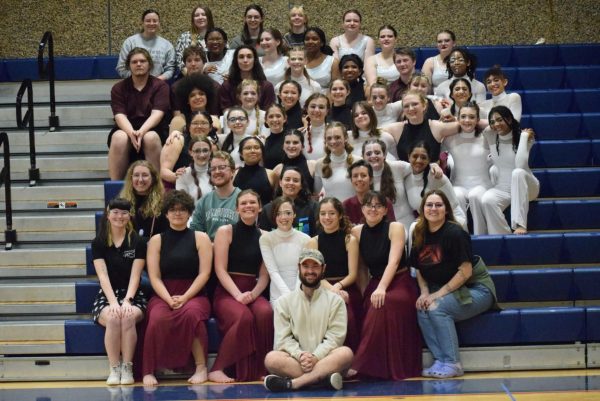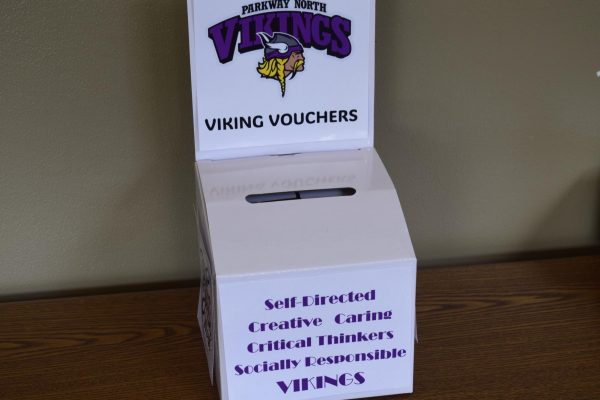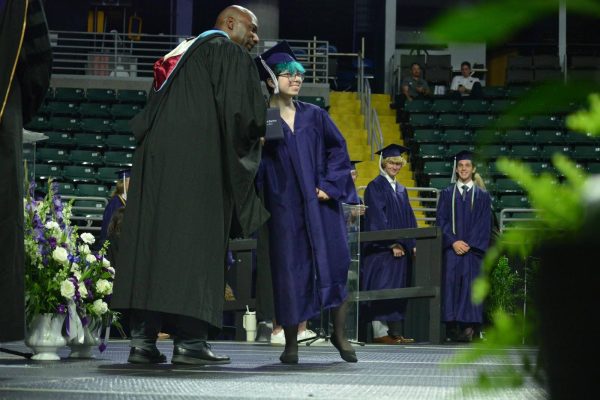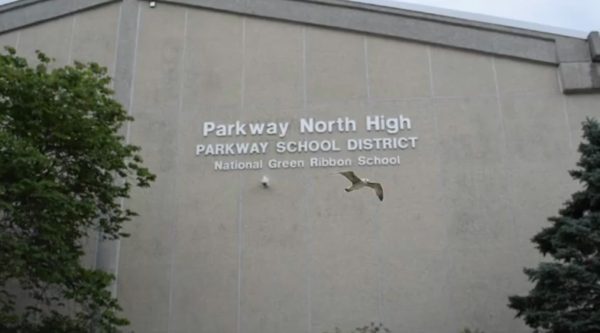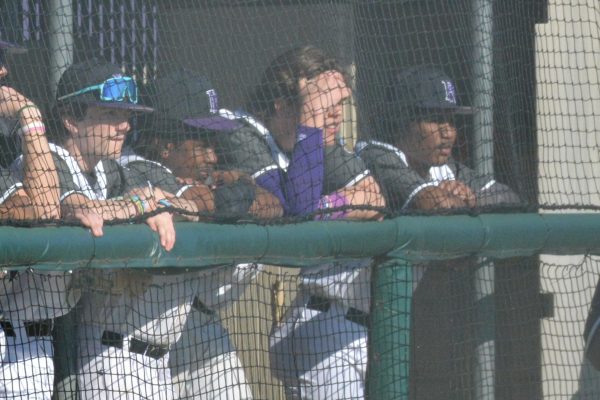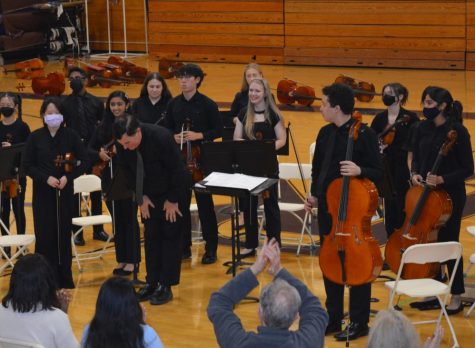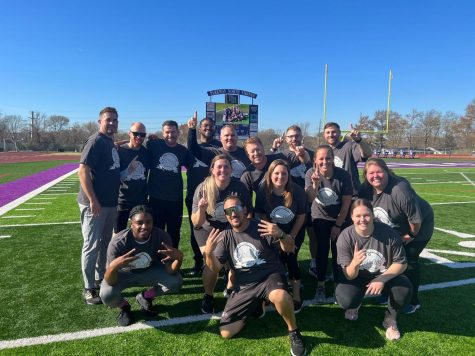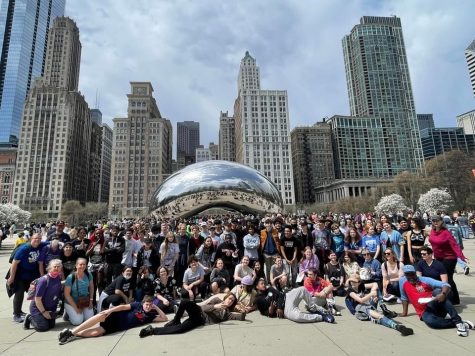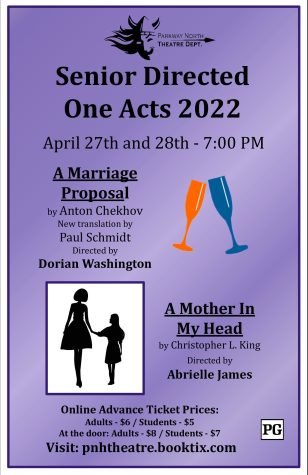North chess team loses in playoffs, looks toward future
On Feb. 16, Ladue knocked North out of the chess playoffs by a score of 18.5-11.5. To someone unfamiliar with chess, however, that score may be deceiving. If North had won just one more of their five matches, they could’ve taken down the powerhouse of Ladue chess. Still, sophomore and fourth board Phillip Pernik said, “It was a good experience even though we lost.”
For North’s first board, senior Asish Panda, the tournament symbolized a bitter-sweet end to his high school chess career. In the tournament, he took down a Women’s Candidate Master (an impressive feat) but will no longer be a part of North’s team once he graduates.
“I’m kind of sad, not going to lie. It was pretty fun to go to the clubs and do the meetings,” said Panda.
Although North didn’t achieve any major recognition this season, students enjoyed their experience nevertheless.
“The group of chess players we have is a really, really good group to be friends with. We all have a fun time there,” said Pernik.
Before COVID-19 restrictions were heightened, students would go to chess sponsor Adam Stiller’s room to play chess and enjoy each other’s company.
“We just played chess for a couple of hours. Some played blitz [speed chess], some played bughouse—which is a super crazy variant of chess that’s fun—and some played more serious games. That experience really builds up the skills and the camaraderie that I, and I think all of us, value very highly,” said Stiller.
“On the first or second day, going into the room and seeing it completely full of people was amazing. [I remember] playing against Asish in a version of chess called bughouse, which is 2v2 and you play as a team,” said Pernik.
Unfortunately, like all other clubs, the chess club had to adapt to COVID restrictions and turn virtual.
“I prefer [in-person]. I think it’s more fun to be moving the pieces. And, in general, an online slow-game is hard because you have to be looking at a computer screen for like two hours,” said Panda.
Nevertheless, the chess club has thrived while navigating these difficult circumstances.
“Because there’s so little going on socially in the school, I think the things that are functioning become even more precious,” said Stiller. “This is the first year in—I don’t know how long; maybe ever—that we’ve [had] both an A-team and a B-team. To have enough interest and ability to do that was a real victory for the program.”
In conjunction with chess providing a community for students, there’s a variety of other reasons that have led to an increase in the game’s popularity.
“With the recent boom in chess interest because of ‘The Queen’s Gambit,’ the show, and because of everybody being stuck in their houses for a year and a half, there are a lot of young people who have an interest in the game and are able to get really good,” said Stiller.
North has a strong senior class that will need to be replaced next year.
“Our best players are going to be leaving next year, and I think we definitely have people to replace…if members practice and play throughout next year and into next season, I think we can have a solid team again,” said Pernik. “I also would like to help the [younger and newer] chess players and help coach them a little bit,” said Pernik.
“Hopefully next year when all the seniors are gone, [these new members can] carry the torch,” said Panda.
With this influx of new players, Stiller expects that the chess team will remain strong despite its loss of Panda as well as its other seniors.
“I don’t anticipate awards or a lot of public recognition, although that is possible,” said Stiller. “My real hope is that we get broad, strong participation, so it becomes even more of a community at a time when that’s especially valuable.”
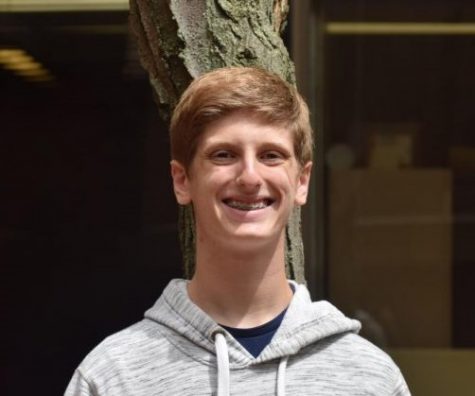
Hi, I'm Jordan Eisen, and this is my fourth year in Newspaper. I really enjoy journalism, especially sports writing; I run a sports blog and podcast outside...


